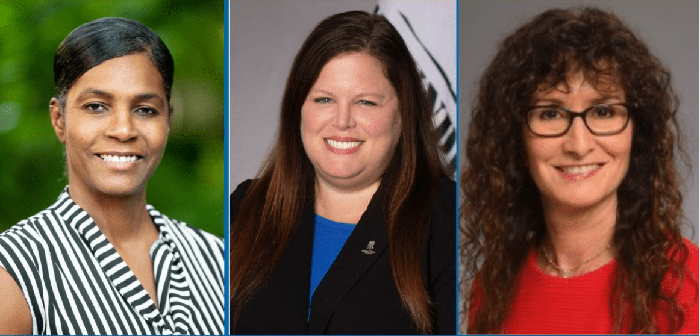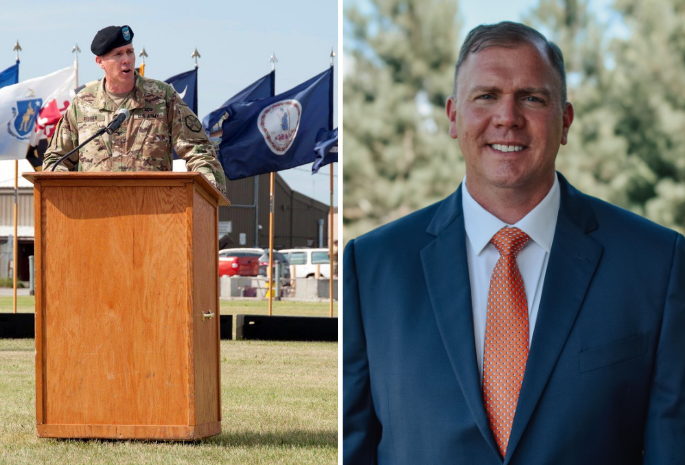In response to the COVID-19 pandemic, Emory Healthcare Veterans Program (EHVP) worked quickly to transition its in-person Intensive Outpatient Program (IOP) to a virtual setting. EHVP’s telehealth IOP replicates the key components of the in-person IOP, in which warriors receive therapy in both individual and group formats, participate in wellness coaching, work with a case manager, and even do yoga. Derix P. is a graduate of EHVP’s new remote program.
Derix had achieved his lifelong dream of becoming a police officer, but like many other brave men and women who joined the military after 9/11, he felt a strong sense of duty to serve his country. Derix began his journey as an Army infantryman in 2002. During his career, he served three deployments to Iraq and Kuwait and retired in 2015 as an Intelligence Analyst.
As a leader in the military, Derix felt an overwhelming sense of responsibility for the soldiers under him. The weight of this duty, coupled with tragic events such as responding to the aftermath of a school bombing during one of his deployments, followed Derix when he came home.
After retiring from the military in 2015, Derix enrolled in school and worked to receive a bachelor’s degree in psychology. Derix realized he was struggling with PTSD through his coursework.
“It was through my homework and what we were reading for class that made me realize that my issues with large crowds were connected to PTSD,” said Derix.
He sought treatment for his PTSD soon after but felt that his therapist did not understand his military background. One of Derix’s professors encouraged him to give the EHVP a chance.
“I began therapy at 8 in the morning and I felt like it was a good start to the day. My wife was there to participate in the family sessions with me and I was able to go downstairs during breaks and help my son with his homework. I felt comfortable being able to complete the program at home. The ease of the internet and being in my own space motivated me to complete the treatment,” said Derix.
Derix is looking forward to going to the movie theater with his children, something he couldn’t do before treatment.
“When we went to the movies or spent the day at the mall, I would have a scowl on my face. They knew there was something wrong and no longer wanted to do those things,” said Derix.
“Now I know that memories are just memories and I don’t have to relive the moment or stay angry. I know I am in a safe place and not a war-torn country.”




